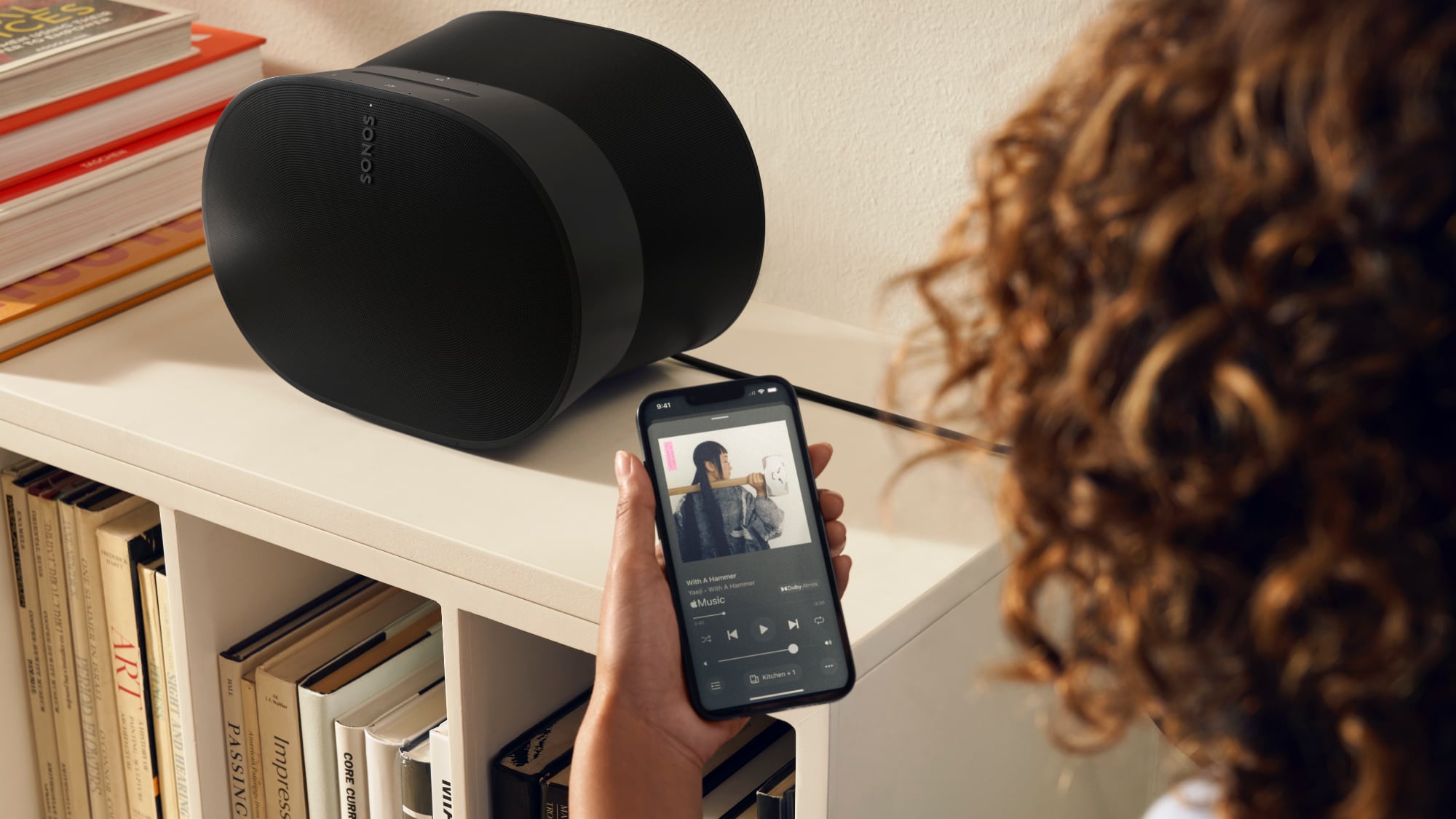Sonos this week released a major redesign for the Sonos app, introducing customizable home screen meant to deliver a personalized listening experience. The update was announced back in April, but just went live, and unfortunately, it removes a number of features while also introducing several bugs.

Multiple complaints on social media have called the app a "step back" with missing features like editing a song queue, managing playlists, shuffling a music library, and setting alarms and timers, along with slow performance and hard-to-access system controls. There has also been feedback from users about missing accessibility features.
The Verge asked Sonos about the negative feedback, and in response, Sonos said that it's aware of the complaints, but "it takes courage" to rebuild a core product.
This article, "Sonos Said Rolling Out Widely Criticized App Redesign Took 'Courage'" first appeared on MacRumors.com
Discuss this article in our forums
Source: TechRadar

Multiple complaints on social media have called the app a "step back" with missing features like editing a song queue, managing playlists, shuffling a music library, and setting alarms and timers, along with slow performance and hard-to-access system controls. There has also been feedback from users about missing accessibility features.
The Verge asked Sonos about the negative feedback, and in response, Sonos said that it's aware of the complaints, but "it takes courage" to rebuild a core product.
Redesigning the Sonos app is an ambitious undertaking that represents just how seriously we are committed to invention and re-invention. It takes courage to rebuild a brand's core product from the ground up, and to do so knowing it may require taking a few steps back to ultimately leap into the future.Sonos said that it is working to address the missing features "in the coming months," and the update will ultimately lead to "exciting innovations" in the years to come. There is no way for iOS customers who have already upgraded their apps to go back to the prior version, though users are calling for Sonos to roll back the update until the new app is more fully fleshed out.
The app's revitalization not only aims to address what customers have been asking us for in the short-term, but is also critical for supporting the exciting innovations to come from Sonos in the years ahead.
We realize there are beloved features our listeners are eager to continue enjoying now. We are working diligently to reintroduce them in the coming months, alongside additional enhancements that will make for an even better app experience.
This is just the beginning of an exciting new chapter for Sonos as we continue to expand the way listeners can access and enjoy all the content they love in a more personalized and seamless way. We have always and will continue to listen to customer feedback so we can create sound experiences that well exceed both our standards and the standards of our listeners.
Tag: Sonos
This article, "Sonos Said Rolling Out Widely Criticized App Redesign Took 'Courage'" first appeared on MacRumors.com
Discuss this article in our forums
Source: TechRadar